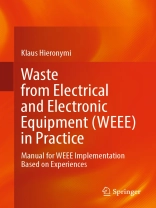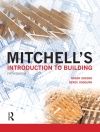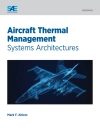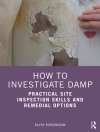The book is based on experiences made by the author when participating in establishing operational solutions for E-Waste legislation in many countries across the globe. Specific legislation for E-Waste, very often called “WEEE-Legislation” (Waste from Electrical and Electronic Equipment) has been a new undertaking, countries experimented with various options at the beginning, some of them were discarded, others maintained, and new options were invented. This book provides advice on the development and implementation from an operational perspective. It intends to offer to all stakeholders involved in the development and implementation of regulation for “WEEE” to benefit from the experience made in many countries across the globe. Due there is no “One Size Fits All” approach regarding various options for E-Waste legislation, the book offers insights into the various operational alternatives. The book especially outlines the operational consequences of principles that are set in the design phase of their country’s E-Waste legislation and provides advice on how to set up and manage organizations required for its successful implementation.
สารบัญ
Acknowledgements.- 1.Summary.- 2.Introduction.- 3. Important Elements of E-Waste Legislation/Implementation.- 4. Collection and Elements of Implementation of E-Waste.- 5.Exports of E-Waste.- Appendix.
เกี่ยวกับผู้แต่ง
Klaus Hieronymi has contributed – together with representatives from leading companies – to the development of the content of the German and EU regulations regarding the strategies and details of the implementation of the legislation in Germany, the EU, and the member states. He developed a strategy for mandatory and voluntary Take Back of retired products for his employer, HP Inc., and supported national Country experts with direction and training. He discussed elements of the document in various lectures, e.g., Lausanne and Peking University, and international conferences (e.g., IRC/Salzburg, IRC Asia). Klaus Hieronymi published various articles on WEEE and related subjects.












